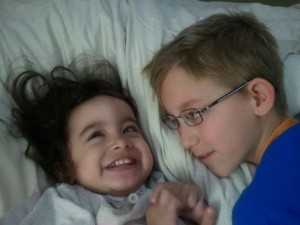
Hannah just loves her big brother!
She has been gone four months now. Today was a ROUGH day for me. I have been in just a funk all day long. Even started crying at the restaurant at lunch … no clue where it came from, but it just started.
I keep hoping that the 4th of each month will get easier as time goes by, but today felt just as raw and painful as that first month. Even more so because I miss her so… damn… much more now.
Hannah, you should be home with us.
You should be here so your brother can read books to you and so that your sister can sing to you. You should be here so we can spend the night snuggling together and just gazing into each others eyes and smiling. You should be here loving on your daddy who misses you just as much as I do.
You should be here with me…right now. Not fair. I’m pissed. I’m sad. I’m frustrated. I’m heartbroken.
I just want you here with me.
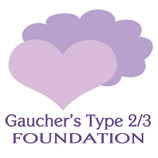
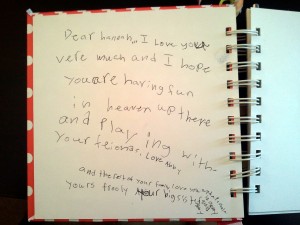
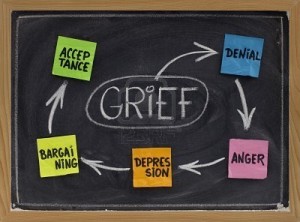 Every one of us is taught that there are five stages of grief. I know I was.
Every one of us is taught that there are five stages of grief. I know I was. To me, grief is more like that hand game we used to play when we were kids. You and your friends all put your hands on top of the others, and then you constantly race to get your hands on top. Of course, very quickly, someone else puts their hands on top of yours. And it just goes on and on.
To me, grief is more like that hand game we used to play when we were kids. You and your friends all put your hands on top of the others, and then you constantly race to get your hands on top. Of course, very quickly, someone else puts their hands on top of yours. And it just goes on and on.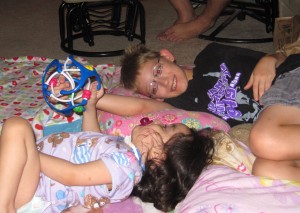

Latest Comments